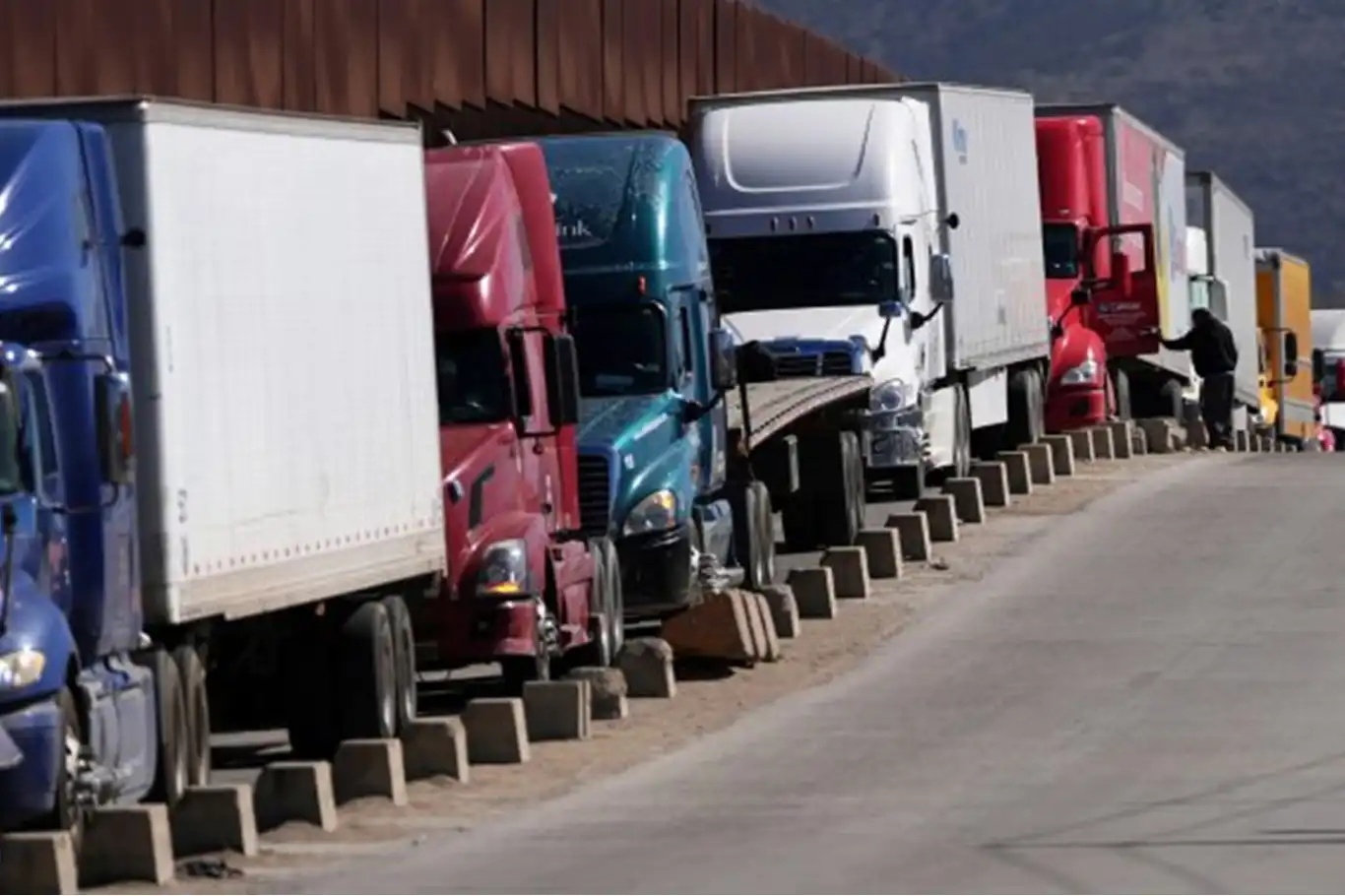Mexico vows to fight new U.S. tariffs on heavy trucks


Mexican officials have pledged to fight new U.S. tariffs on medium- and heavy-duty trucks announced by President Donald Trump, warning that the move will inflict severe damage on Mexico’s export sector and further strain bilateral trade relations ahead of the 2026 USMCA review.
President Claudia Sheinbaum said she might call Trump directly to protest the measure, which is slated to take effect November 1. Although the tariff would hit truck imports globally, Mexico is expected to be among the hardest hit exporters.
“The trade issue is very dynamic: every day we have news and we must adapt,” said Deputy Economy Minister for Foreign Trade Luis Rosendo Gutiérrez, noting that tariffs on heavy trucks could affect as much as $15 billion in annual exports.
Mexico supplies roughly 70 percent of the heavy trucks imported by the U.S. market, according to Gutiérrez, making this sector a linchpin of the country’s automotive industry.
Among Mexico’s truck-making partners, International Motors LLC is particularly vulnerable, as most of its U.S.-bound trucks are assembled across the border. Daimler Truck Holding AG, another major player, sources around 83 percent of its U.S. trucks from Mexican manufacturing sites.
Under the Section 232 investigation initiated in April 2025, the U.S. Commerce Department examined whether truck imports pose a threat to national security — a legal route that allows for tariffs on goods deemed strategically sensitive.
In early October, Trump confirmed the new duty via a Truth Social post, stating that as of November 1 all medium and heavy trucks entering the U.S. will face a 25 percent tariff.
The tariff move signals a significant shift away from strict adherence to USMCA (United States–Mexico–Canada Agreement) protections. Under USMCA, heavy trucks that meet the required North American content threshold (64 percent and rising over time) are ordinarily exempt from tariffs.
However, many Mexican-built trucks already rely on U.S. parts, with average U.S. content estimated at around 50 percent in some models. Mexico’s industry has argued that the new tariff ignores the integrated nature of North American auto supply chains.
At the same time, Mexico’s automobile sector is already navigating pressure from tightened rules of origin under USMCA, increased scrutiny of third-country parts (notably from Asia), and rising requirements for localization of components.
This tariff on trucks comes amid a broader wave of U.S. import duties, which this year have already targeted Mexican goods tied to alleged failures in counter-narcotics enforcement, as well as tariffs on tomatoes and threats tied to water agreements.
Despite mounting tension, Sheinbaum and Trump maintain a working rapport. Trump has publicly praised her leadership, and during bilateral talks he agreed to defer some tariff escalations for 90 days — a concession not granted to many other countries.
With the 2026 review of USMCA looming, analysts see the truck tariff as a pressure tactic: Mexico may be forced to concede in trade negotiations or accept structural changes to the agreement’s automotive rules.
Industry leaders warn that the tariff will raise truck prices in the U.S., disrupt supply chains, and squeeze automakers reliant on cross-border production. Some U.S. firms may lobby for exemptions or carve-outs, but Mexico’s leverage could be limited given the asymmetry of power.
For Mexico, the tariff threatens jobs in auto manufacturing, export balances, and deeper economic integration. Officials and industry stakeholders now face the challenge of crafting diplomatic, legal, and trade responses to counter what many see as an unjust attack on their competitive edge. (ILKHA)
LEGAL WARNING: All rights of the published news, photos and videos are reserved by İlke Haber Ajansı Basın Yayın San. Trade A.Ş. Under no circumstances can all or part of the news, photos and videos be used without a written contract or subscription.
The Central Bank of the Republic of Türkiye (CBRT) recorded a significant increase in its reserves, which rose by 2.6 billion dollars, reaching 183 billion 242 million dollars.
Türkiye’s annual exports have climbed to an all-time high of $270.6 billion, Trade Minister Ömer Bolat announced on Thursday, marking a significant milestone for the country’s economy amid ongoing global uncertainty.
Türkiye’s total health expenditure increased by 89.6% in 2024, reaching 2 trillion 359 billion 151 million Turkish liras, the Turkish Statistical Institute (TurkStat) announced on Thursday.
Türkiye has extended two expiring natural gas import contracts with Russia’s Gazprom for one year, while simultaneously accelerating plans for a strategic upstream investment in US natural gas production, Energy Minister Alparslan Bayraktar announced.